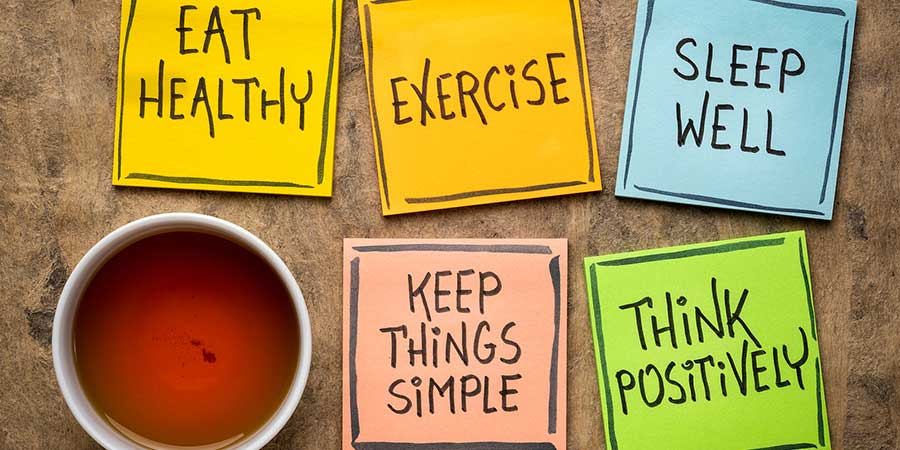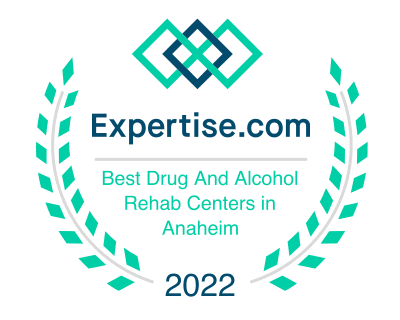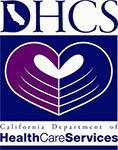Relapse rates have increased during the COVID-19 pandemic, so now is the time to take charge of your recovery. Here you will find some tools on how to overcome a relapse and sustain sobriety.
Many health challenges have arisen in our society during the COVID-19 pandemic, but one group of people has been much overlooked, especially in lockdown states, people suffering from mental health conditions. For those with a history of emotional issues or substance use, the hurdle of staying well during stressful times is quite significant.
Challenges and Solutions for Overcoming a Relapse and Sustaining Sobriety
We all know that increased stress can lead to alcohol and substance use issues, and during uncertain times, those who are more likely to suffer from anxiety, depression, or other emotional problems become more vulnerable. The social isolation, tomorrow’s uncertainty, the financial pressure, and the fear of contracting this disease create the perfect storm. A storm that has led many to relapse or further increase their substance use.
The last year has been especially tricky for people in recovery. Not only are people with a history of substance use disorder are at an increased risk of complications if they catch coronavirus, but the pandemic has also made it more challenging to stay sober. We have seen more relapses during the past ten months, and 40 states have reported a continuous increase in overdose rates since the pandemic started.
It’s essential to know about the risks that the pandemic can present for recovery. However, you don’t need to despair. Domus Retreat has joined forces with treatment providers like Waismann Method® to offer you the help you need when you need it most. A team of opioid treatment experts and detoxification specialists are on hand to deliver top-notch support during this time.
Steps You Can Take to Protect Your Sobriety during This Time and Overcome a Relapse If You’ve Already Experienced One
Don’t Hesitate to Get Treatment
Especially during the coronavirus pandemic’s early days, many people found that they were hesitant to get medical care. They worried about exposing themselves to the virus by visiting a medical facility and the results have been catastrophic. It is never a good idea to ignore health issues due to fear.
Here Are Some of the Health Risks of Alcohol and Drug Abuse
Substance use can lead to immune system suppression, and significant distress in the pulmonary and respiratory systems can occur. COVID-19 can also compromise the body’s same functions, raising the possibility of severe health crisis risks even further. Also, a weakened immune system can compromise cardiovascular functioning.
However, a year into the pandemic, medical providers have adjusted their protocols to protect people from the virus while providing the care they need. As always, Waismann Method® and Domus Retreat staff are at the forefront of positive and effective changes in the addiction field.
The team wants to address your needs and provide the services you want based on what you need – a treatment plan without preset protocols, established period of time, or one size fits all methods – one that adheres to the highest standard of care.
The facility’s medical director, Michael Lowenstein, M.D., MPH, who is quadruple board-certified, ensures every individual receives the best care to address addiction while using the best prevention tactics to keep people safe from the virus and other possible complications.

Prioritize Your Mental Health and Well-Being
2020 was a stressful year for most people, and 2021 isn’t starting off any less complicated. Recognize that right now, recovery is difficult and you might need to do extra work to stay sober.
Only you know what will be most beneficial to you, but it’s ok to start small. Getting physical exercise can boost your endorphins and help you feel better mentally. Meditating for just a few minutes a day or finding another mindfulness practice that resonates with you can also help you clear your head. But please don’t hesitate to reach out for help.
While many things are still closed down because of the pandemic, you can still get the care you need. At Domus Retreat we offer several different treatment options. From opioid detoxification to relapse prevention services. Treatment plans of 7, 10, 14, and 21 days. We will hear your issues, understand your situation and work with you to find the most effective, safe, and comfortable treatment option.
Don’t be scared to reach out
Know When to Get Professional Help
A little directed self-care can go a long way, but sometimes we all need professional help and guidance. A healthcare professional can help you work through your thoughts and fears about the pandemic and identify what’s typical and what might need further treatment.
Today, it’s easier than ever to connect with counseling. Mental health providers have embraced telemedicine in the past year. So you can get counseling via messaging apps, which offer excellent privacy and discretion when the whole family is at home.
How do you know when it’s time to reach a professional? If you’re asking yourself whether you should, it’s probably time to give it a try. Even a week at Domus Retreat can give you the self-awareness and coping strategies you need to avoid relapse.
Adjust Your Expectations
There’s a widespread cultural narrative in the United States that we should always strive to be our best selves. But continuously searching for improvement can be exhausting.
This is the perfect time to decide that “good enough” is ok.
You don’t need to be a shining star in recovery – you just have to stay sober; you don’t have to be bursting with joy – you just have to be happy and balanced enough to get through your days. It’s ok right now to just be surviving and to get through, without pressuring yourself to be better than ever.
The pandemic has challenged everyone, whether they’re in recovery or not. If you’re struggling with overcoming a relapse and sustaining sobriety, remember that just staying sober – or being willing to get back to sobriety after a relapse – is a significant victory. If you find yourself struggling, reach out for professional help, and have confidence in the fact that you can get treatment safely and live the opioid-free life you want and deserve.







